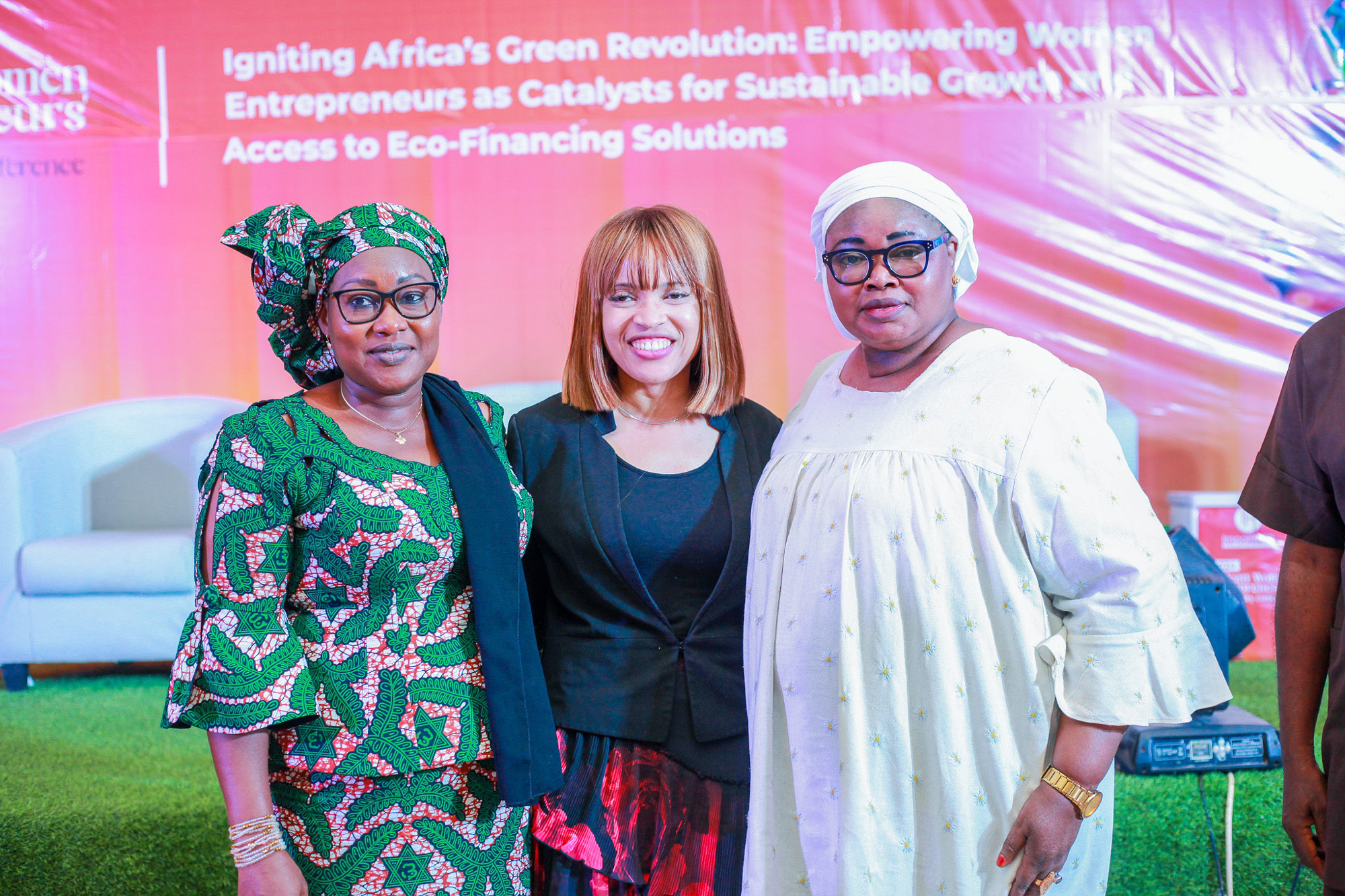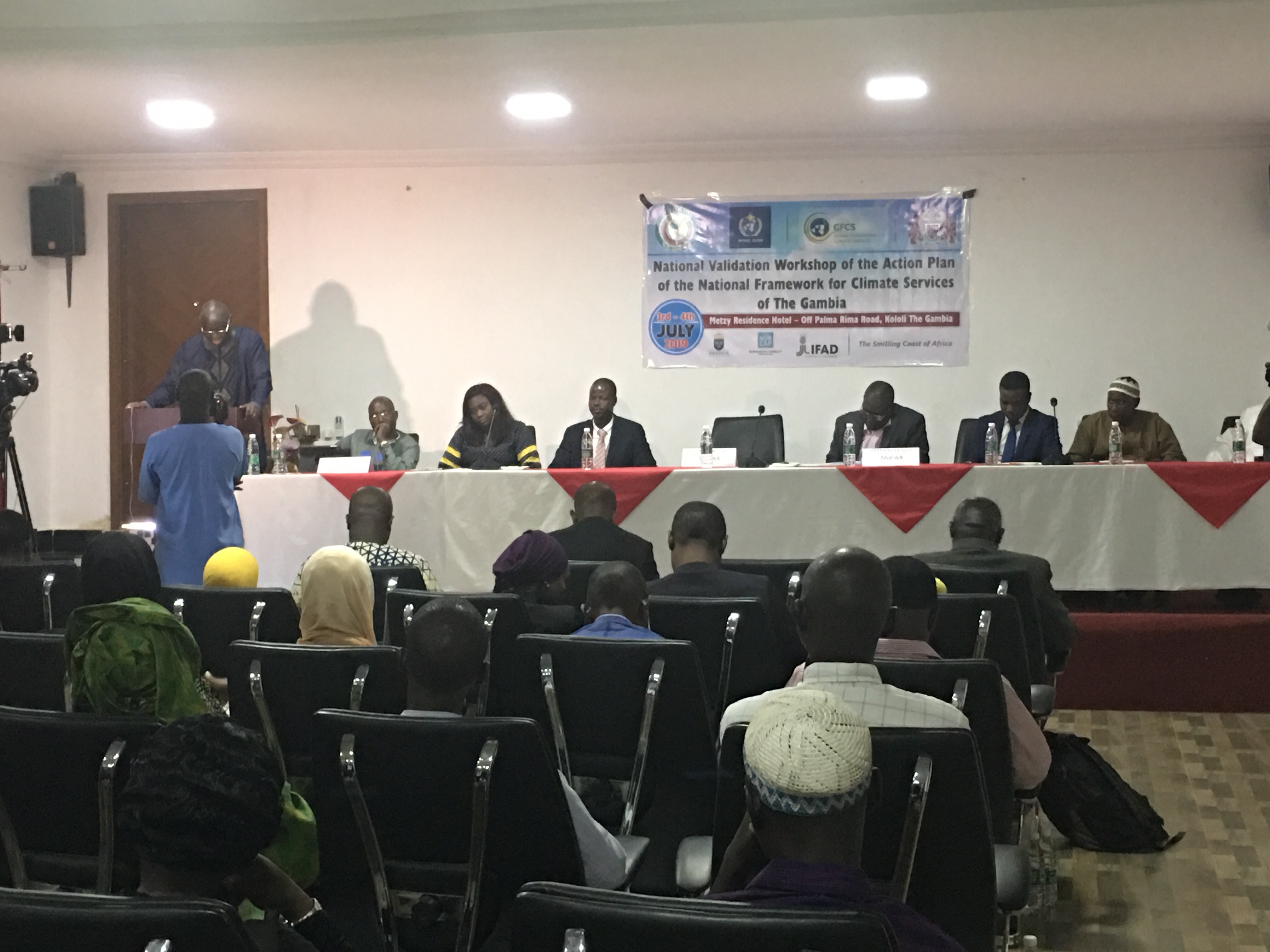The current African economic outlook shaped by global market dynamics and international markets as well as key regulatory changes in the import/export landscape, global future market access are some of the important reasons why African female entrepreneurs must go green if they want to remain relevant in business.
These assertions were agreed upon by various experts at the maiden edition of the African Women Sustainability Conference held in Abuja, Nigeria recently with the theme: Igniting Africa’s Green Revolution: Empowering Women Entrepreneurs as catalyst for sustainable growth and unlocking access to eco-financing. The conference was held in partnership with the African Union, hosted by the FCT, Abuja and supported by Aruwa Capital, ToolUp and UNDP with various African governments in attendance.
According to Efe Ukala, Founder, ImpactHER, “the current African economic predicament cannot follow the same economic pathway of developed markets to achieve prosperity, we must chart a new course, we must think sustainably, whilst pursuing growth, this approach will afford the African development story a new pathway to prosperity that will allow us leapfrog certain challenges and accelerate our advancement. This is why our path forward must embrace both industrialization and sustainability – our future market access depends on it. With over 1,400 female entrepreneurs from about fourteen African countries in attendance, we can make a change by going green.”
Giving an example, she said: “Europe have moved beyond merely preferring green certifications – they’re now legally requiring them. The European Union Deforestation Regulation (EUDR), which came into force in June 2023, requires strict certification that products are deforestation-free before they can enter the EU market. This affects key African exports including cocoa, coffee, and palm oil. Additionally, the EU’s Carbon Border Adjustment Mechanism (CBAM), starting in 2026, will require carbon emissions reporting for steel, cement, and other industrial exports”.
“For African businesses, especially our women entrepreneurs, these aren’t just regulations – they represent a fundamental shift in market access. The EU remains Africa’s largest trading partner, with total trade valued at €288 billion in 2022. Meeting these new standards isn’t optional – it’s essential for maintaining and growing our share of this crucial market”.
In her own speech, Hajiya Mariya Mahmoud Bunkure, Honourable Minister of State for the FCT, explained that the African female entrepreneurs must be equipped with the right green tools for them to excel in their business endeavours. She called on various African governments to prioritise the needs of female entrepreneurs to boost their nation’s economy.
Representatives of over 14 African governments including Her Excellency, Honourable Jean Mounaouza Sendeza, Minister of Gender, Community Development and Social Welfare, Malawi; Sakinatou Gambari Imorou, Deputy Secretary General, Minister of Social Affairs and Microfinance, Republic of Benin; Kouame Kouadio Issoufou, Director of Gender and Equity at the Ministry of Women, Families and Children Cote d’Ivoire and Her Excellency Honourable Rohey Malick Lowey, Mayor of Banjul, Gambia and all agreed to foster and influence the adoption of green economy by female entrepreneurs for the growth of the African economy.





